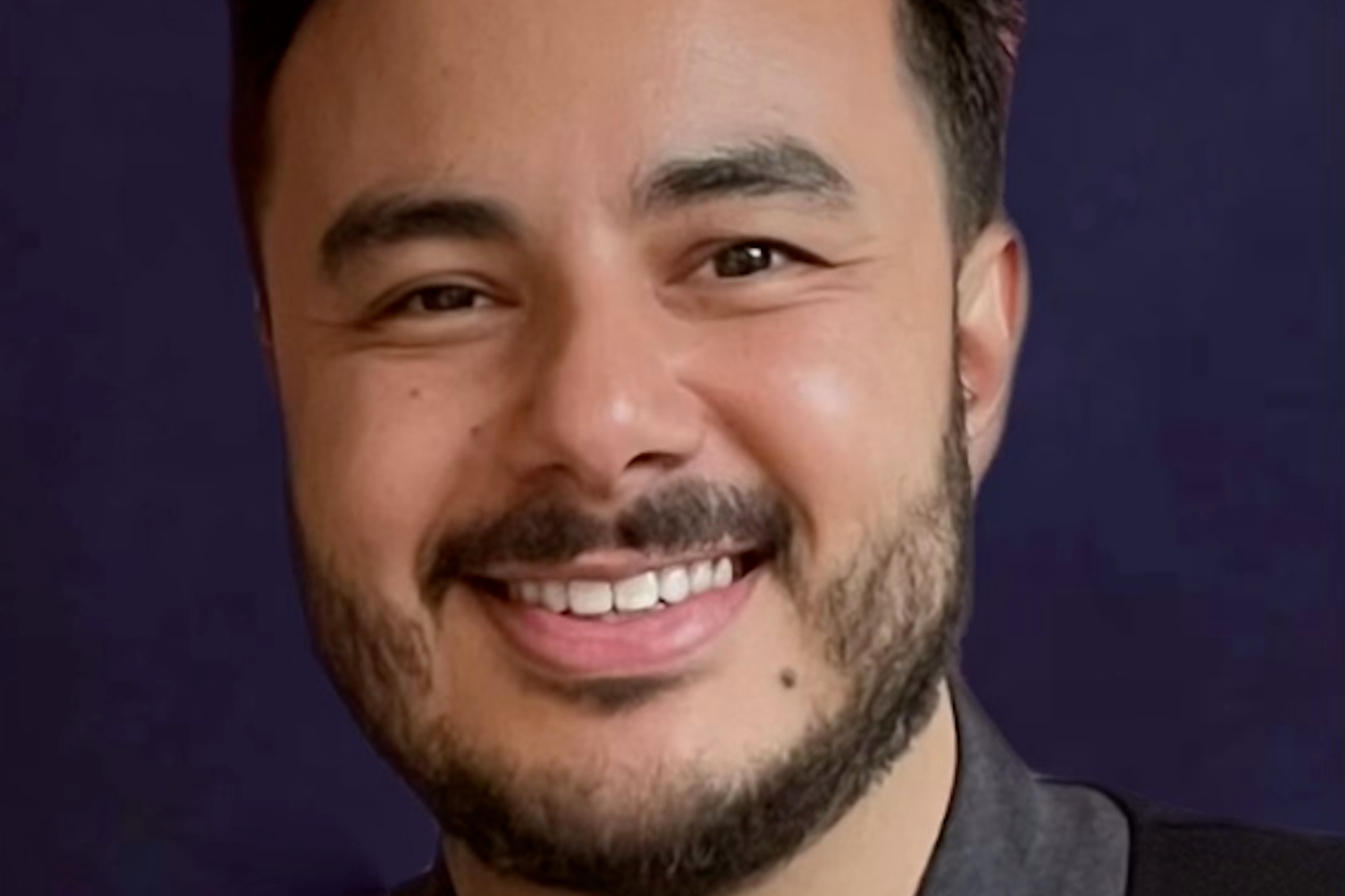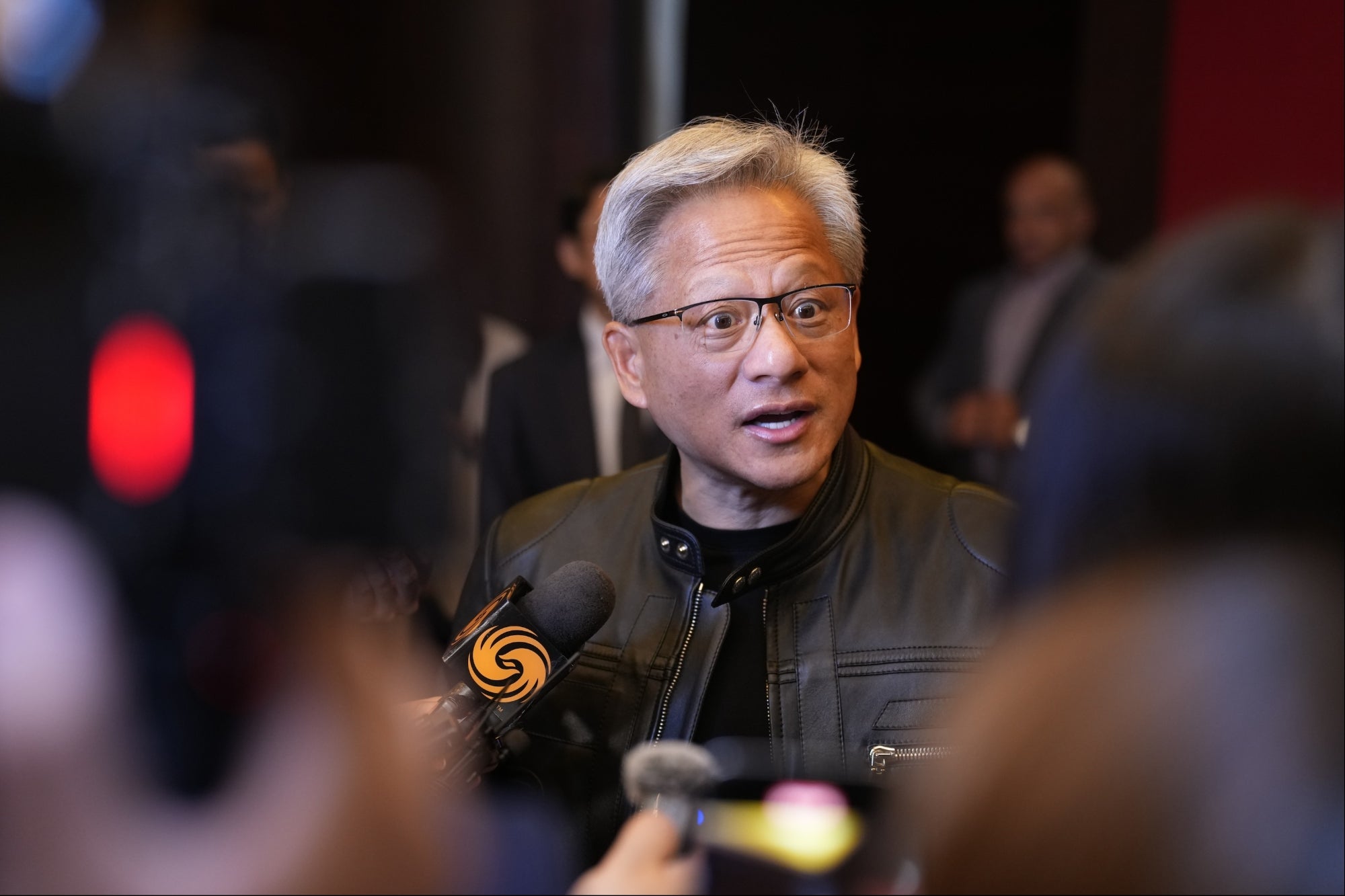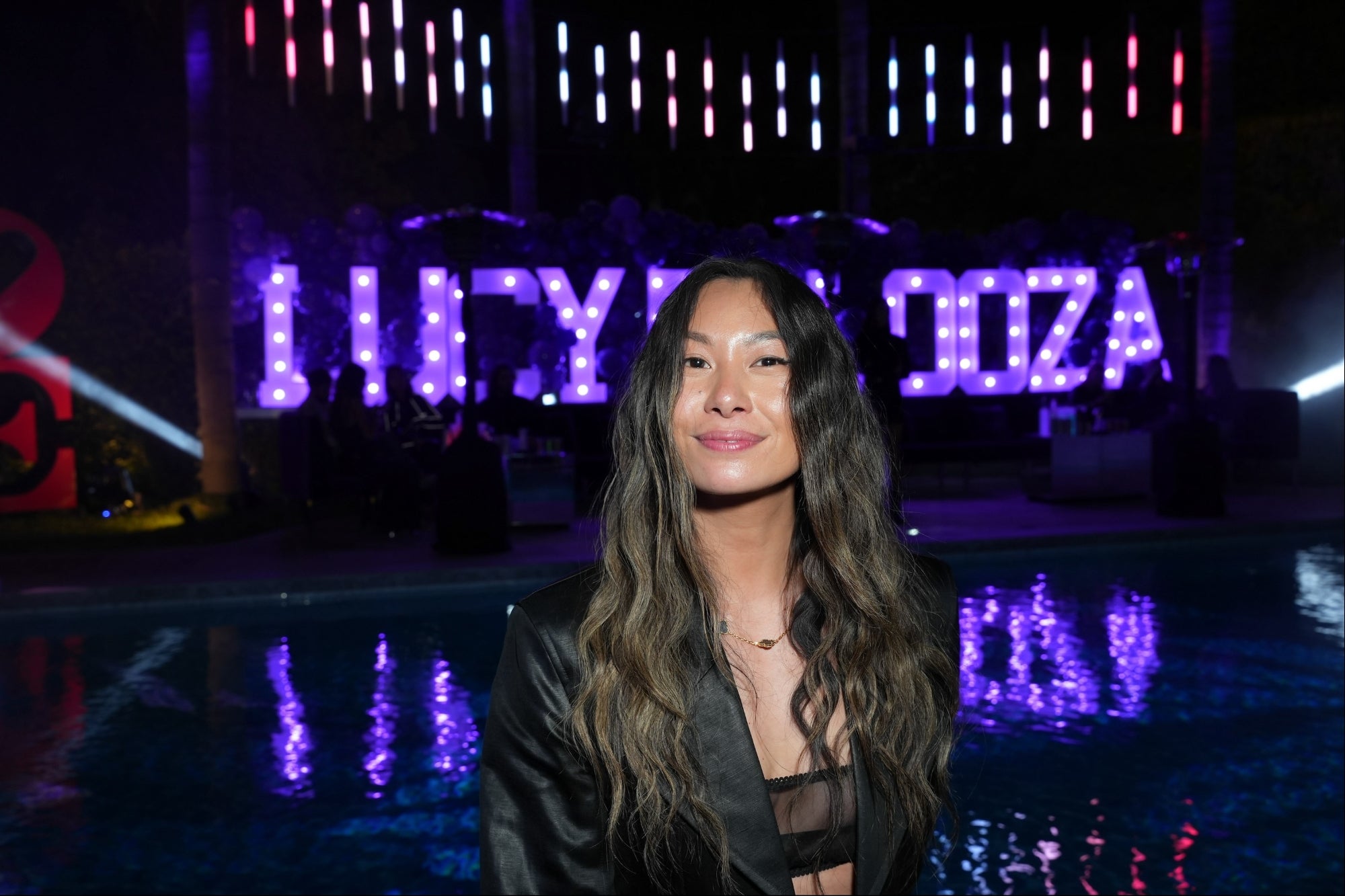Why Ethical Luxury Is the Post-COVID Gold — And What That Means for Your Business Luxury is no longer defined by shine, but rather by story. In a market where meaning outpaces margin, brands built on values are rewriting the rules.
By Vivek Oberoi Edited by Micah Zimmerman
Key Takeaways
- Modern consumers aren’t just buying products. They’re buying values, and they expect brands to show their receipts.
- Scalable, profitable businesses built on conscience are the future of luxury and the new investor darlings.
Opinions expressed by Entrepreneur contributors are their own.
Luxury isn't about more anymore. It's about meaning.
I've walked red carpets draped in elegance. I've stood on the aspirational side of the velvet ropes once seen as symbols of success. But over time, I've learned: if luxury comes at the cost of our conscience, it's not luxury…it's illusion.
Today's luxury consumer isn't dazzled by shine alone. They're asking deeper questions: "Where did this come from?" "What's the real story behind it?" "Does this reflect who I am?"
I've studied the diamond industry extensively. It's a clear case study in how legacy models are being challenged. Traditional mining comes with a staggering environmental price. A single carat can displace 250 tons of earth, consume four cubic meters of water and release 109 kg of CO₂ into the atmosphere. In contrast, most lab-grown diamonds are now being produced using clean, renewable energy, either having already transitioned or are actively shifting toward more sustainable sources.
That's not a footprint. That's a crater. And people are waking up to it.
The new standard is no longer just craftsmanship. It's consciousness. Until recently, luxury brands relied on opacity: unclear sourcing, inflated markups and hidden impacts. But the pandemic did more than disrupt supply chains. It rewired desire.
We've hit an inflection point. And the brands leading the next chapter? They've already stopped pretending business as usual will work.
Related: What Is Sustainable Fashion? Everything You Need To Know.
The market shift
When the world doubted, I said with conviction that diamonds were old school, and lab-grown was the future. But even I didn't realize how fast that future would arrive.
What we're seeing now is a full-blown shift. In India, where heritage is prized, and in Europe, where tradition defines value, the next generation is buying with both eyes open. When we started Solitario, a jewelry brand specializing in lab-grown diamonds, we knew we were doing more than launching a product. We were challenging a legacy industry to evolve.
In countries like the Democratic Republic of Congo, where diamond mining is rampant, the downstream effects are devastating: Deforestation, water contamination and loss of biodiversity. On top of that, illegal trafficking in these regions funds armed conflict, destabilizing entire communities.
This is what luxury used to hide behind price tags. But that mask has slipped.
We didn't polish the narrative. We cleaned it up until only the truth remained. We engineered traceability into our model. No exploitation, no greenwashing, no fluff. Just a product that stands on the merits of both ethics and aesthetics.
In Europe, 70% of luxury shoppers consider sustainability adoption by luxury brands important, while the U.S. market is catching up. Research shows that a quarter of American consumers in this bracket consider ethics as very important in their purchasing decisions, and we expect that trend to accelerate.
If your product's story can't be told with pride, then it's time to rewrite it.
Related: Why Having A Strong Brand Isn't a Luxury — But a Necessity
The business case for sustainable luxury
The lab-grown diamond market is projected to grow in financial value at nearly 10% annually, reaching $55.6 billion by 2031. So, from our perspective, our main challenge is how to scale sustainably in a strictly business sense whilst maintaining environmental consciousness.
The old luxury playbook of over-capitalized, high-margin, limited distribution is being outpaced. Today, brands that lead with values are drawing real traction through lean, franchise-driven models.
We've had 70+ franchise requests land in our inbox. Not through paid intermediaries. Just brand conviction alone.
In my experience, vertical integration through direct lab relationships also provides better control over quality and costs. Governments are taking notice. India now offers zero import duties on lab-grown diamond seeds and machinery, positioning the sector as a strategic national industry.
Meanwhile, institutional capital is getting pickier. ESG regulations are tightening. And Millennials and Gen Z, now the dominant consumer base for diamonds in the U.S. and China, don't chase labels. We didn't scale because we shouted louder. We scaled because we listened better. These generations are value-aligned rather than brand-loyal and demand traceability.
The question isn't whether traditional luxury brands can evolve. It's whether they can do it fast enough to stay relevant in a world that now expects receipts: ethical, operational and financial.
Rewriting the rulebook
What's happening in luxury jewelry is part of a larger trend and even cultural movement. The next decade of business will belong to those who can hold profit and purpose in the same breath.
From carbon fiber in wristwear to ethical innovations in edtech and agritech, disruption now means more than invention. It means intention.
For every venture I back, I ask two questions:
- Is it good for business?
- Is it good for the world?
If the answer isn't yes to both, it's a pass. Moral conviction and market clarity are not mutually exclusive. It's more than OK to have a clear conscience and make your model scalable and profitable.
If we can make luxury cleaner, fairer and still perform at an IPO level, then we have rewritten the rulebook. Our upcoming IPO, for example, is grounded in unit economics and capital-efficient expansion. Our growth has come without heavy debt or marketing bloat, simply because the underlying business model works. Put another way, values scale better than virality.
Redefining luxury
This approach is attracting institutional attention precisely because it is designed for scrutiny. That is the real disruptive factor. What we are really witnessing is luxury itself being redefined.
As leaders, it's our duty not to simply reflect culture, but to help shape it. So I suggest using what I call "weaponized curiosity" to build better systems. Instead of asking, "What will sell?", a better angle is, "What will serve?" That is how we will build a new legacy for the generations to come.











